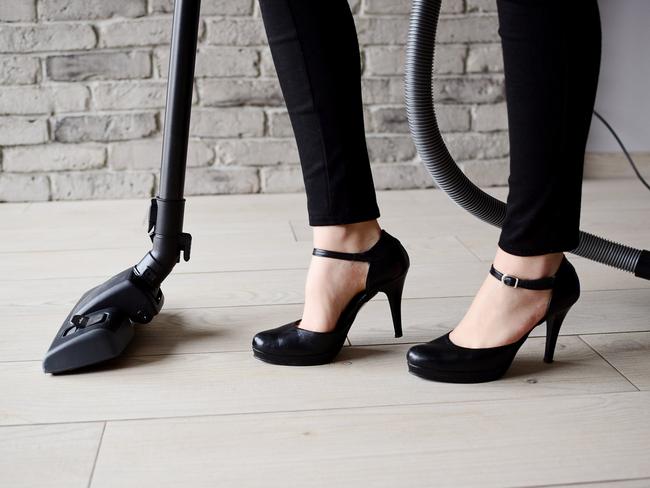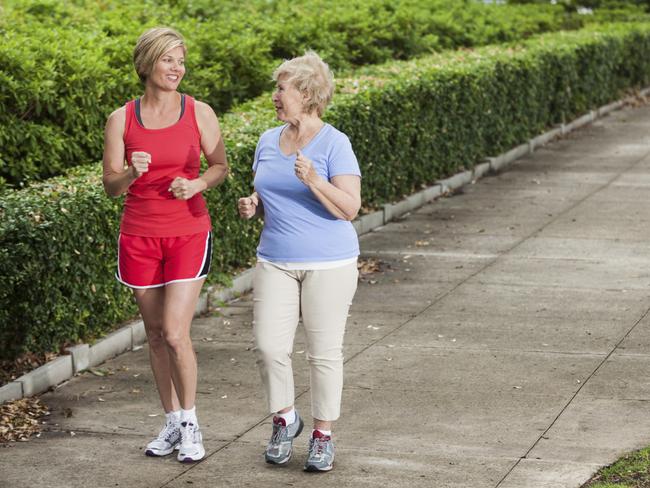How to live healthier, happier lives: Physical activity key to boosting mood
MELBOURNE researchers have found only certain types of exercise are good not only for the body but also for our mental health.
VIC News
Don't miss out on the headlines from VIC News. Followed categories will be added to My News.
PHYSICAL activity can help reduce the risk of depression — but that doesn’t seem to apply to housework.
EATING RIGHT COULD BE BEST MEDICINE FOR MOOD
MENTAL HEALTH ACCESS FOR THE BUSH TO BE BOOSTED UNDER TELEHEALTH SCHEME
MOTHERS’ GUT BACTERIA COULD IMPACT FUTURE HEALTH OF CHILDREN
Melbourne researchers have found only certain types of exercise are good not only for the body but also for our mental health.
Dr Megan Teychenne, from Deakin University’s Institute for Physical Activity and Nutrition, said that research by the institute and by others had shown that exercise in a recreational setting, for leisure or relaxation — even in small doses — could reduce the risk of depression.

“This is great news for people who have been feeling down or depressed,” she said.
“You don’t need to be vigorously active or go for a run to gain those mental health benefits
“Even a leisurely walk two to three times a week has mental health benefits.”
But not all physical activity has a mental health boost.
Such a boost was not experienced by women who were from socio-disadvantaged neighbourhoods.

Dr Teychenne said this suggested that the higher rates of traffic and crime in those areas, and the less aesthetically pleasing surroundings, could be influencing mood.
Physical activity such as housework also doesn’t come with mental health benefits, according to the institute’s research, published in the journal Preventive Medicine.
“That’s not to say you shouldn’t clean your house,” Dr Teychenne said. “If you want to be physically active for mental health purposes, then you need to be looking at a leisure form of activity, or transport-related physical activity.”

The IPAN team is now testing the effect of exercise on vulnerable populations — such as new mothers who are at risk of suffering from post-natal depression.
“I hope that this research can inform policy-makers, general practitioners and health professionals who have people with mental health issues, or may just be feeling blue, that physical activity can be good for their mental health, in the right context,” Dr Teychenne said.


